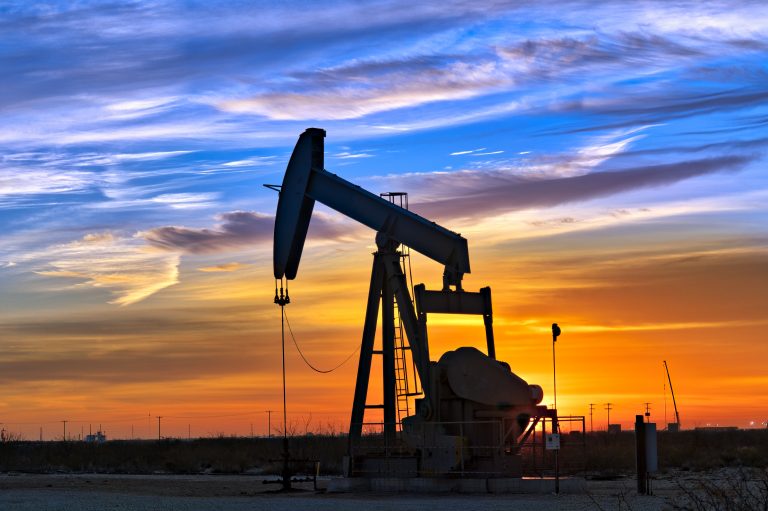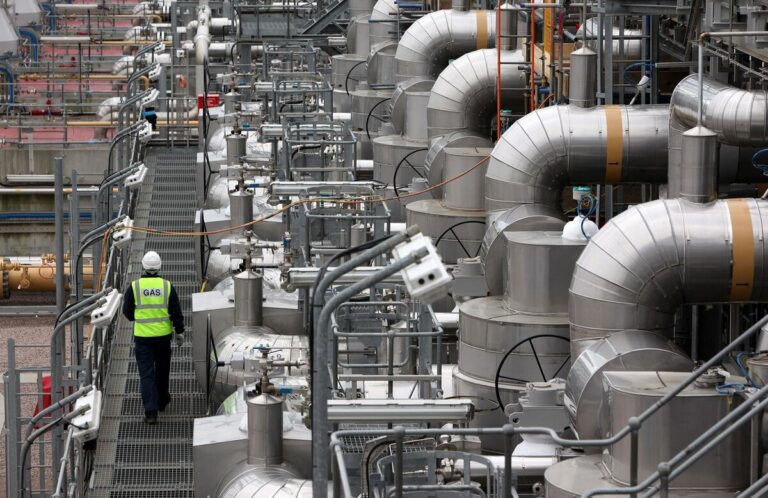Looming Rail Strike Underscores Importance of Pipeline Infrastructure
While most Americans were busy preparing for Thanksgiving, news broke that a work agreement between railroad companies and rail workers had derailed. The agreement, negotiated by President Biden, would have kept America’s vital rail network running without interruption, but the deal fell apart last week after unions failed to ratify the contract. Now, the stakes are rising for both sides to clinch a deal by December 9th. Without a contract, our country could be paralyzed by a strike affecting the freight rail industry, thereby upending America’s supply chain right before the holiday season.
The threat of a strike could have broad consequences for the entire economy, as freight railroads account for roughly 40 percent of U.S. long-distance freight volume – more than any other mode of transportation.
However, the impact of a rail shutdown could be particularly harmful to the U.S. energy industry and could put upward pressure on prices. According to S&P Global, a rail strike could “disrupt deliveries of crude in the US, primarily North Dakota Bakken crude from the Midwest to refiners.” This point was echoed by a recent letter from an energy trade group to Congress, which noted a strike could force production cuts and “deplete U.S. gasoline and diesel supplies and drive-up fuel prices.”
This reality is unfortunate, and could in part be avoided by embracing pipeline infrastructure, which scarcely needs labor to operate. Pipelines carry most of the nation’s crude oil to refineries, but each day about 300,000 barrels move by rail. By moving more crude oil, and even Liquified Natural Gas (LNG), from trains to pipelines, we would not have to worry about the prospect of strikes impacting our own energy security.
At the same time, a rail strike would put upward pressure on energy prices – a reality consumers can ill afford during a period of high inflation. When it became public on Monday that the strike was back on, oil prices spiked and natural gas prices surged and have remained elevated. Compared to rail, pipelines are considerably safer and less expensive for transporting, according to government studies and industry analysis.
While pipelines cannot move all types of energy, like ethanol, moving crude and LNG away from railroads would be a considerable improvement over the existing system. Now, America’s consumers wait with bated breath for a quick resolution


